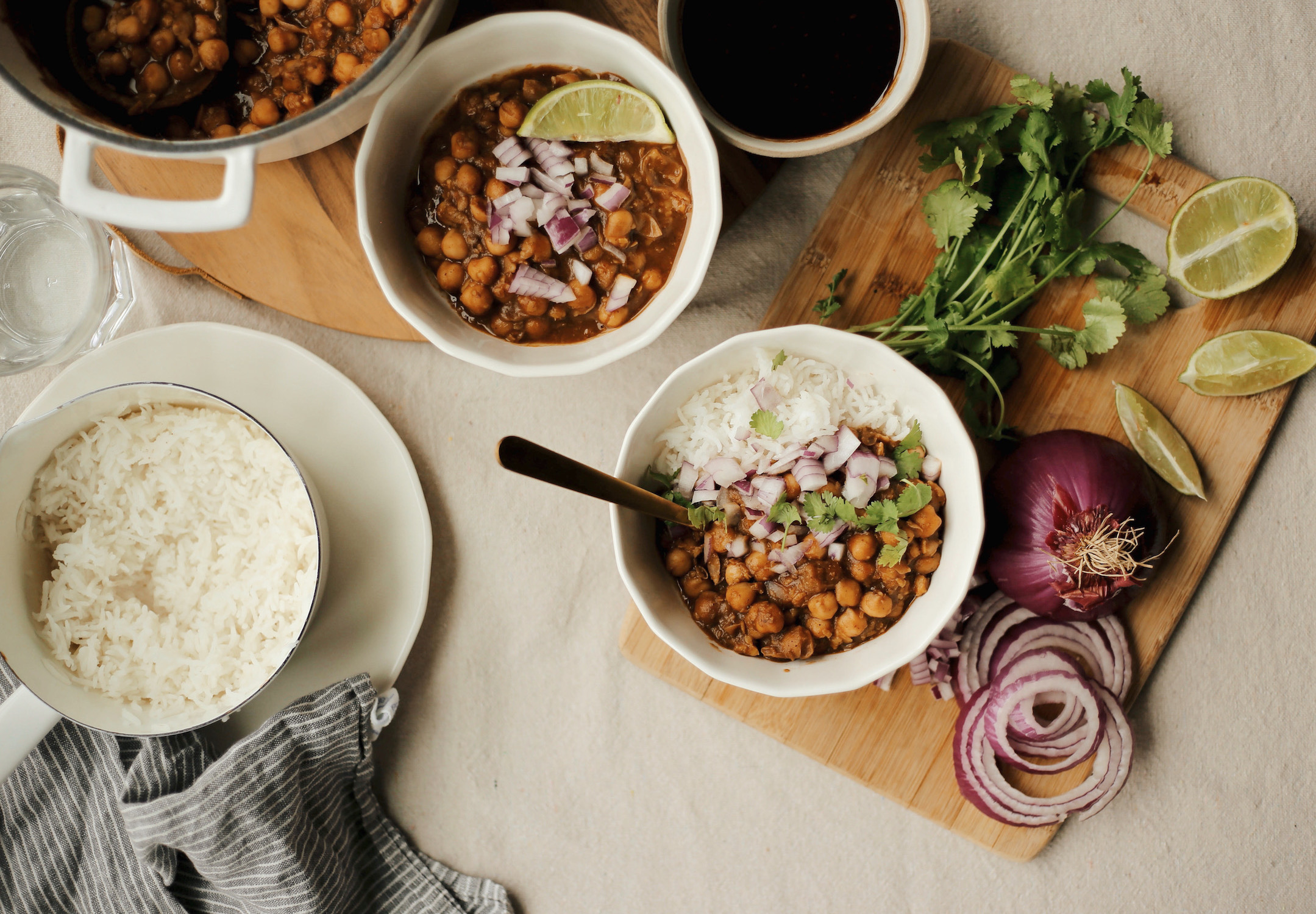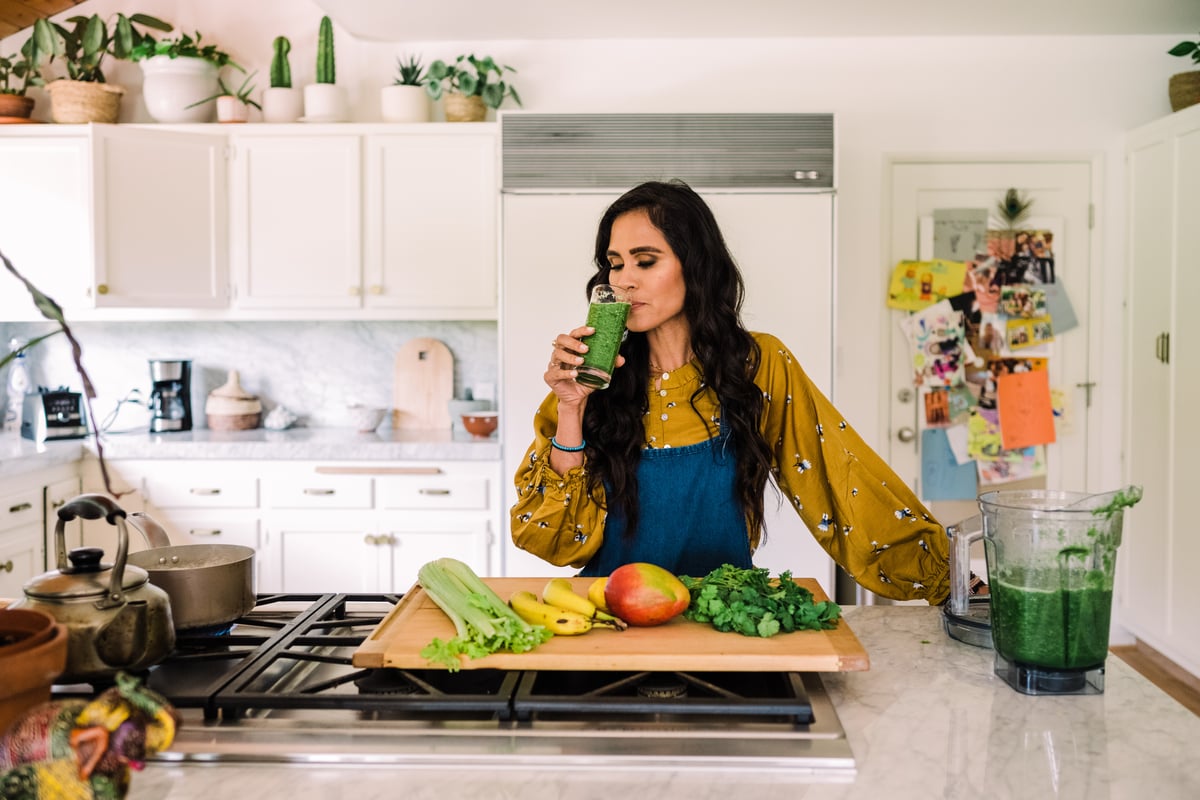Allie's Christmas Pudding Chronicles: Brandy Soaking
Although you haven't created a monster exactly, it is time to feed her.


Credit: Allie Chanthorn Reinmann
Every week is a big week when you’re preparing a pud for Christmas. Welcome back to my Christmas Pudding Chronicles. It’s week three of documenting my endeavor to make one of the United Kingdom’s most ubiquitous holiday cakes. While this wouldn’t be particularly compelling if I lived under the King’s roof, as an American, it is a new Christmas experience indeed.
If you’re joining me for the first time in this fruit cake fantasy, you can catch up on what a Christmas pudding is and how to soak the fruit here in week one, and read about how I steamed the cake here. Normally a Christmas pudding is made five Sundays before Christmas and “fed” once a week on Sundays. Each edition of this chronicle comes out on Saturday, so you can gather the ingredients you need and tend to your pudding the next day. That being said, feel free to jump in at any time. You don’t have to follow the rules quite like I’m doing, and your pudding doesn’t have to age quite as long.
I'm finally in the “curing the cake” stage, which involves a (completely optional) soak with brandy or another high-proof spirit like rum or whiskey. While you can skip this practice, wrap the pudding, and store it in a dark place until Christmas, doing this step will add flavor and moisture. I confess, “feeding” the pudding is one of the steps I’ve been most looking forward to. I’m not a fiend for alcohol, but I do love a good culinary process to keep up with. Plus, I want to check in on my prune-baby once a week to see how it’s advancing in age. If that happens to be when I dose my cake with alcohol, so be it.
As I’ve mentioned in my previous posts, I used Nigella Lawson’s recipe as my guide, and reworked a thing or two here and there. Her website also gives a bit of advice on how to “feed” it. I cross-checked this with other blogs and it looks like general practice is to poke some holes into the pudding with a toothpick or skewer, and dab one to two tablespoons of liquor onto the cake, once a week. Easy enough.
Choosing a brandy
However, before I could get to soaking, I needed a proper brandy. This week, I made it a point to patronize a very pretty liquor store in Manhattan. Sorry, wine and spirits store. I hadn’t prepared well in the first week when I needed to steep my dried fruit in sherry and I ended up using a $6 bottle from the corner liquor store down on my block in Brooklyn. No shade on them, they just don’t specialize in sherry. Or options.

Credit: Allie Chanthorn Reinmann
I figured a poor-quality sherry would be passable to plump the sugary fruits, but soaking the cake should be done with a good-quality brandy. The brandy should be a high enough caliber to sip out of a glass alongside the Christmas pudding. I asked the staff at Flatiron Wines and Spirits for a brandy that would pair well with a spice cake or dark, dried fruit. They led me to a gorgeous bottle of Neversink Spirits, Orchard Brandy which is a blend of pear and apple brandies. It’s an American Christmas pudding, so this New York-made brandy seemed just right.
How to feed your pudding

Credit: Allie Chanthorn Reinmann
To feed your cake, grab a toothpick or a skewer, or even the sharp end of a probe meat thermometer. Uncover the Christmas pudding and poke holes into it. I spaced them about an inch away from each other and went around in a circle about an inch and a half inside of the edge of the cake. Then I made another concentric ring of holes an inch and a half inside from the first ring. You don’t have to be precise, this is more of a guideline depending on the bowl you ended up steaming your pudding in.

Credit: Allie Chanthorn Reinmann
Generally, it looks like two tablespoons of brandy, or other high-proof alcohol, is the maximum. The only warning is, while you can’t under soak the pudding, you can definitely over soak it. Too much alcohol will make the pudding gummy or even muddy. There’s plenty of opportunity for alcohol in this dessert’s lifetime, so I used one tablespoon. Measure out the brandy into a small bowl, and using a pastry brush, daub the brandy across the surface and around the edge. Recover the bowl with the lid or plastic wrap and put it back in its storage space.
What to look out for
Now that the pudding is in its curing stage, I’m going to keep an eye out for any changes in its color, smell, and hydration. When I fed it today, the cake still had an enticing spicy smell, albeit much more subdued than when it was freshly steamed. The pudding seems well hydrated, if not slightly drier than on steaming day. I suspect weekly brandy anointments and keeping it tightly covered will help maintain a moist cake. Other sources say it’s normal for the cake to become slightly darker in color as it sits, and I will certainly report back what I notice next week. Until then, happy brandy soaking, pudding fam.

 Konoly
Konoly 
































